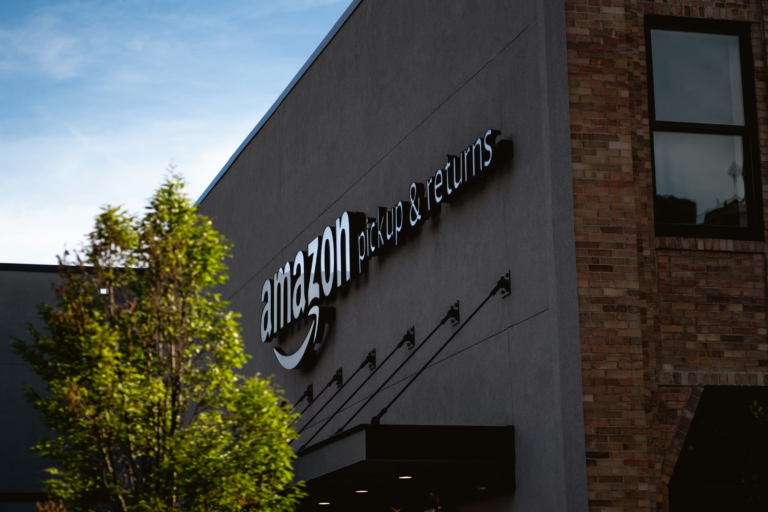
As businesses increasingly focus on environmental responsibility, cloud-based sustainability reporting solutions are becoming essential tools for tracking and improving sustainability efforts. Leading the technological innovation in this space is Mr. Sharique Ali, a Techno functional architect, specializing in large-scale initiatives, known for his expertise in developing cutting-edge sustainability frameworks.
The Power of Real-Time Data Monitoring
Modern sustainability reporting solutions leverage real-time data monitoring to provide continuous insights into a company’s environmental impact. “Real-time data is crucial for accurate and timely sustainability reporting,” explains Sharique. “It allows businesses to monitor their energy consumption, carbon emissions, and resource utilization as they happen, enabling immediate corrective actions.”
In my work, I have developed systems that use Internet of Things (IoT) sensors and devices to collect data from various sources, including manufacturing processes, office environments, and supply chains. This data is transmitted to the cloud, where it is processed and analysed using advanced processors that I have designed.
AI and Machine Learning for Predictive Analytics
Artificial Intelligence (AI) and Machine Learning (ML) are transforming how businesses approach sustainability reporting. “By incorporating AI and ML, we can predict future sustainability performance and identify trends that would otherwise go unnoticed,” Sharique explains. “These technologies enable companies to move from reactive to proactive sustainability management.”
The solutions I’ve worked on have utilized analytics tools to analyze historical data and forecast future energy usage, carbon emissions, and other sustainability metrics. This helps businesses plan more effectively and implement strategies that are likely to yield the best results.
Customizable Dashboards, Interactive Visualizations, and Analytics
The latest cloud-based sustainability reporting solutions feature highly customizable dashboards and interactive visualizations. “Visualization and analytics are powerful tools for understanding and leveraging complex data,” says Sharique. “In my solutions, I’ve facilitated data for analytics tool to provide intuitive, user-friendly interfaces that allow businesses to explore their sustainability data in depth. The Cloud Platforms are getting intelligent day by day by empowering it with built-in analytics support”
These dashboards can be tailored to display the most relevant metrics for each user, whether they are executives, sustainability officers, or operational managers. Interactive elements such as charts, graphs, and heatmaps make it easy to identify patterns and anomalies in the data. Additionally, advanced analytics tools embedded in these dashboards enable users to perform in-depth analysis, uncover insights, and make data-driven decisions.
Integration with Existing Systems
A key challenge in implementing sustainability reporting solutions is ensuring seamless integration with existing systems. “Interoperability is critical for the success of any sustainability reporting framework,” Sharique emphasizes. “I have worked on solutions designed to integrate effortlessly with a company’s existing IT infrastructure.”
This integration is achieved through the use of APIs and standardized data formats, allowing sustainability data to be easily exchanged between different systems. This ensures that all relevant data is captured and analysed, providing a comprehensive view of the company’s environmental impact.
Automated Compliance Reporting
Compliance with environmental regulations is a major concern for businesses. Advanced sustainability reporting solutions offer automated compliance reporting, reducing the administrative burden on companies. “Automating compliance reporting ensures that businesses remain compliant with the latest regulations without the need for manual intervention,” says Sharique.
In my experience, these solutions track regulatory changes in real-time and automatically adjust reporting processes to meet new requirements. This not only ensures compliance but also reduces the risk of penalties and enhances the company’s reputation for environmental responsibility.
Security and Data Privacy
With the increasing amount of data being collected and analysed, ensuring security and data privacy is paramount. “My cloud-based solutions prioritize security and data privacy, employing state-of-the-art encryption and access control measures,” Sharique explains.
Data is encrypted both in transit and at rest, and strict access controls are implemented to ensure that only authorized personnel can access sensitive information. Regular security audits and updates ensure that the solutions remain resilient against emerging threats.
Handling Large Data Volumes
The sheer volume of data processed by modern sustainability reporting solutions is substantial. “The amount of data I handle is enormous, and developing efficient algorithms and robust designs is crucial,” Sharique notes. “My systems are designed to scale and process vast amounts of information without compromising on speed or accuracy.”
Efficient data processing algorithms are essential to handle the high volume of incoming data, ensuring that analysis and reporting are both timely and accurate. Advanced cloud infrastructures are utilized to manage data storage and processing, ensuring that businesses can scale their reporting capabilities as needed.
The Future of Sustainability Reporting
Looking ahead, the future of sustainability reporting is set to be driven by continuous innovation in cloud technologies. “I am committed to staying at the forefront of technological advancements,” Sharique concludes. “My goal is to provide businesses with the designs they need to achieve their sustainability objectives and contribute to a greener future.”
Emerging technologies such as blockchain for transparent and immutable reporting, edge computing for enhanced data processing, and quantum computing for solving complex sustainability challenges are poised to further revolutionize this field.
As companies worldwide embrace the need for sustainable practices, cloud-based sustainability reporting solutions, driven by advanced technologies like AI, ML, IoT, and predictive analytics, are becoming indispensable. With experts like Sharique leading the development of these cutting-edge tools, businesses can achieve greater accuracy, efficiency, and transparency in their sustainability efforts, paving the way for a more sustainable future.








